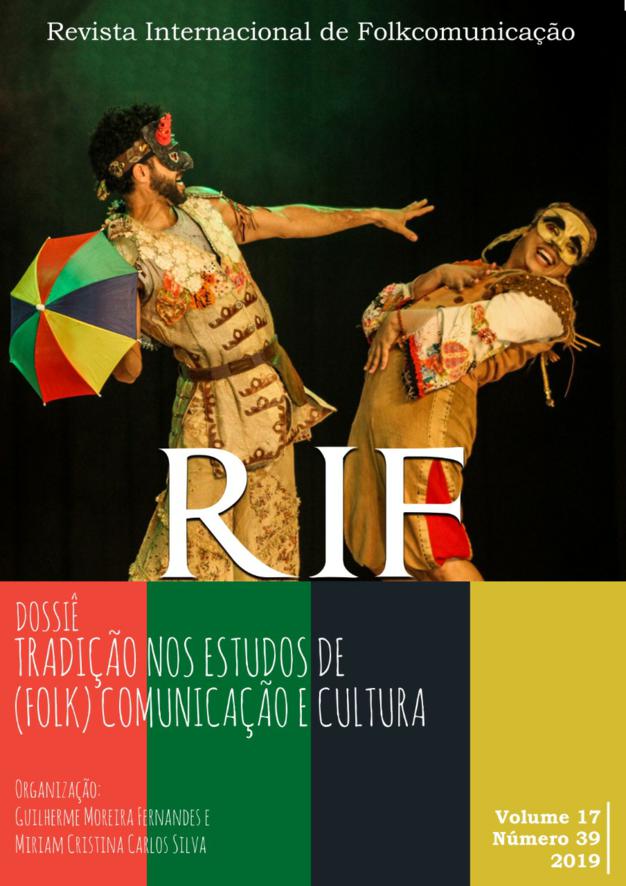Cultura material: Objetificação e subjetificação Kyiktêjê
DOI:
https://doi.org/10.5212/RIF.v.17.i39.0002Resumo
Este artigo trata da cultura material Kyikatêjê, a partir dos aportes teórico-metodológicos da Arqueologia Pública, da Antropologia Interpretativa e da Antropologia Perspectivista, considerando os processos de objetificação e subjetificação que marcam as autopercepções e autorrepresentações históricas do “povo-líder-dono-da-cabeceira-do-rio-Tocantins” enquanto um coletivo humano ameríndio, habitante da Reserva Indígena Mãe Maria (RIMM), localizada no KM 25 da BR-222, no município de Bom Jesus do Tocantins, no sudeste do estado do Pará, na Amazônia brasileira. Os processos de objetificação e subjetificação implicados na cultura material Kyikatêjê encontram-se traduzidos em práticas, valores, saberes, mitos, ritos e fazeres que se traduzem numa corporeidade que se revela em uma territorialidade social perceptível no ser/estar Kyikatêjê. Cultura material; Objetificação/subjetificação; Kyijatêjê.
Downloads
Downloads
Publicado
Como Citar
Edição
Seção
Licença

Este obra está licenciado com uma Licença Creative Commons Atribuição 4.0 Internacional.
Os autores são responsáveis, em qualquer que seja o formato do texto, pelas opiniões expressas ou indiretas presentes em seus respectivos trabalhos, não endossáveis pelo Conselho Editorial e pelos editores da Revista, bem como pela autenticidade do trabalho. Ao publicar trabalhos na Revista Internacional de Folkcomunicação, os autores cedem automaticamente os direitos autorais à publicação para veiculação das produções acadêmicas, sem ônus para a Revista. Os autores detêm os direitos autorais do texto para o caso de publicações posteriores e concedem à Revista Internacional de Folkcomunicação o direito de primeira publicação, com o trabalho simultaneamente licenciado sob a Creative Commons Attribution License, que permite o compartilhamento do trabalho com reconhecimento da autoria e publicação inicial nesta Revista. Por serem publicados em revista de acesso livre, os artigos são de uso gratuito, com atribuições próprias, em atividades educacionais e não-comerciais, sendo permitida a publicação simultânea em repositórios institucionais.































